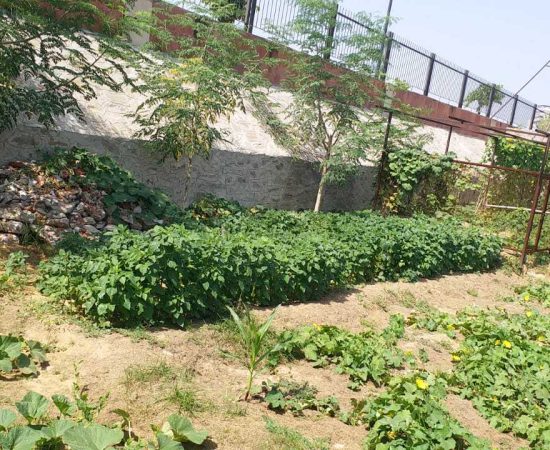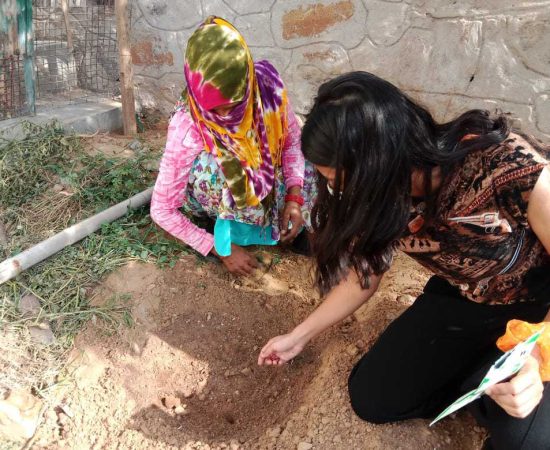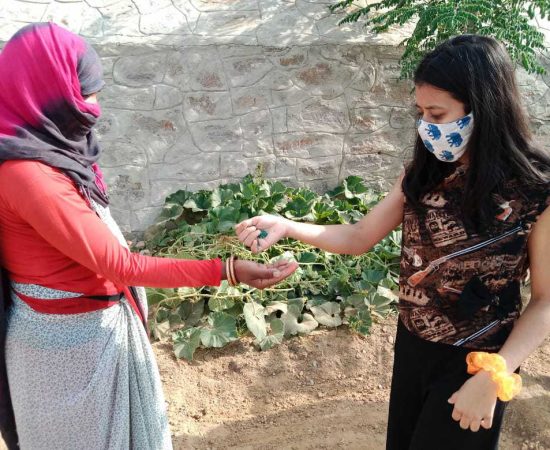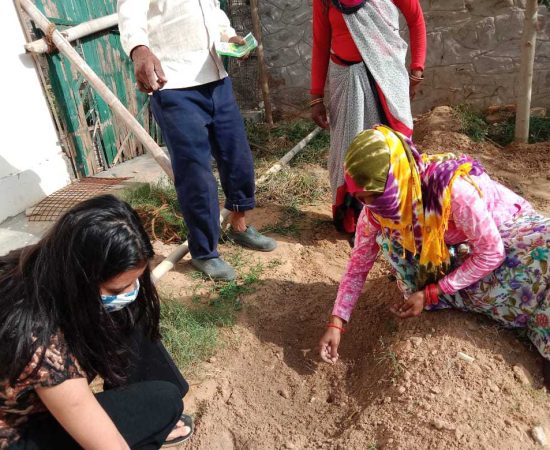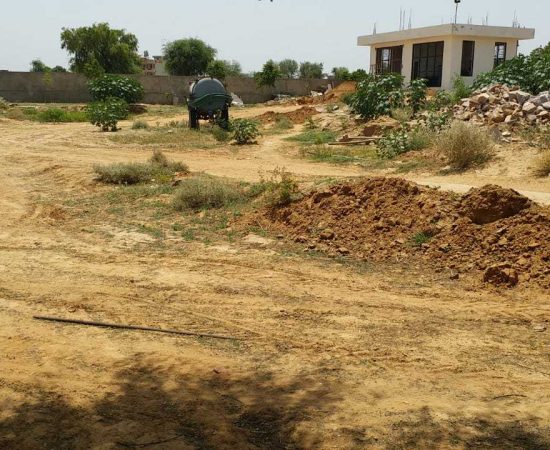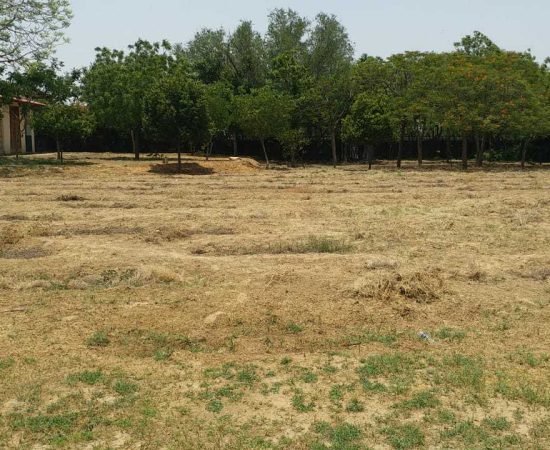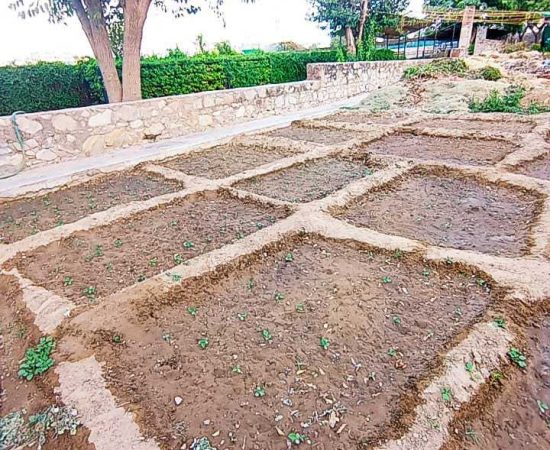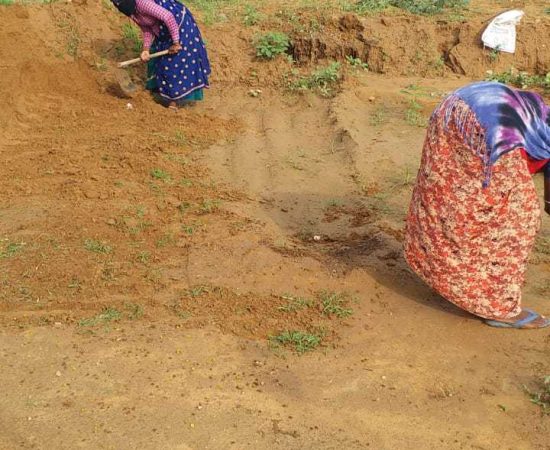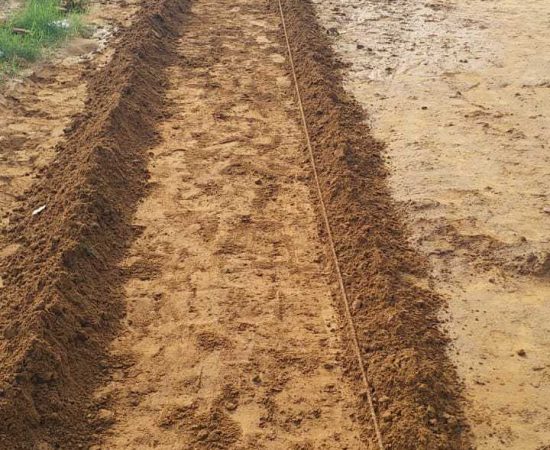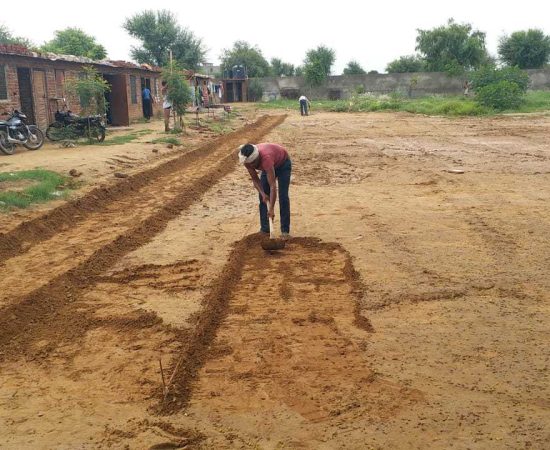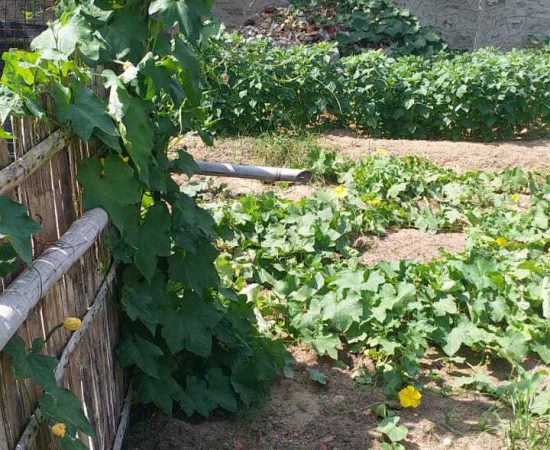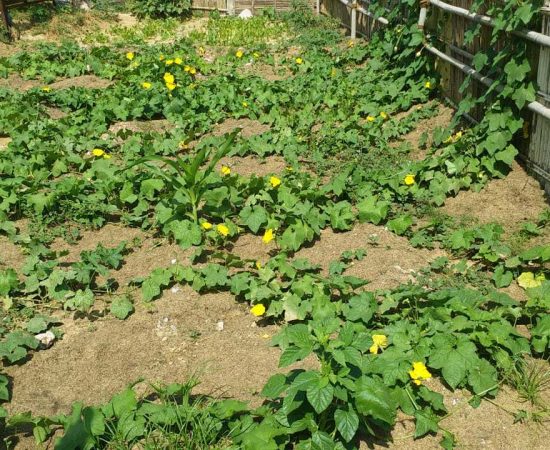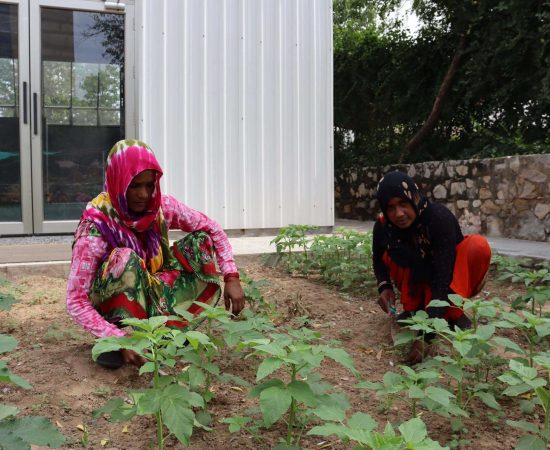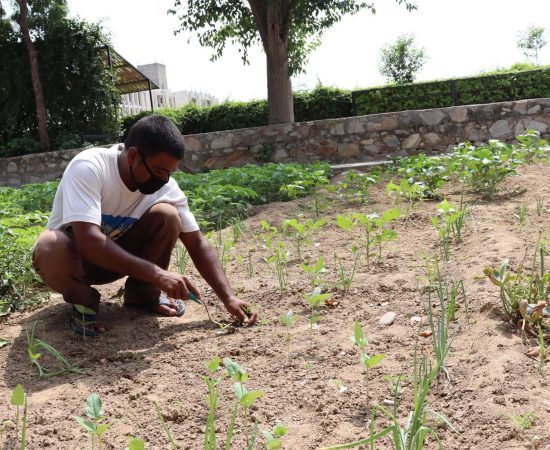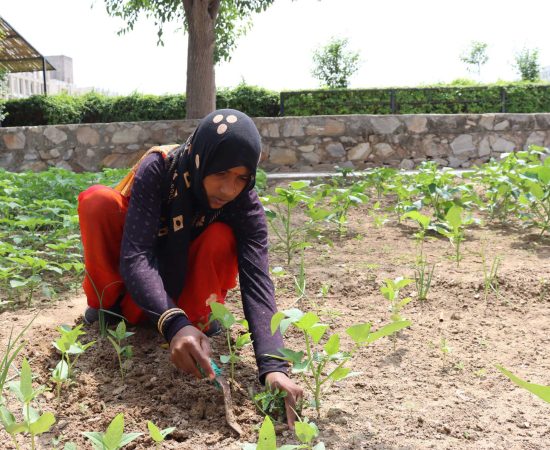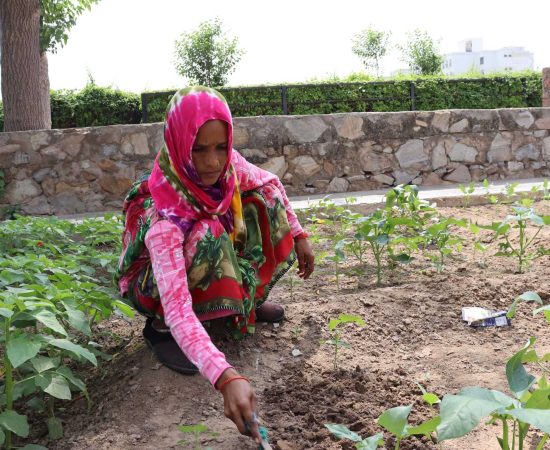School Outreach and Education
Nutrition-focused educational outreach has been conducted in over 25 government schools across Rajasthan. Students and teachers receive interactive sessions on the importance of vegetables in daily diets and basics of gardening and eco-friendly plantation.
Seed kits are distributed to establish and maintain school gardens, allowing children to learn by growing their own food and eating fresh.
Project Microtopia
We conducted several microgreens workshops to help underprivileged women lead self-sustainable lives by growing and selling microgreens. With Project Microtopia, our aim was to combine and support two UN goals: promoting sustainability through women’s empowerment and leadership. Together, we led a workshop for 50 underprivileged women, explaining the nutritional benefits of microgreens and the importance of including them in everyday meals. To keep their efforts affordable and eco-friendly, we chose to grow microgreens in used milk bags, encouraging recycling and the reuse of plastic. This program was carried out successfully using minimal resources. We worked alongside the women to grow mustard seeds, fenugreek seeds, coriander seeds, fennel seeds, peanuts, and several pulses like Bengal gram, black-eyed beans, cowpeas, and green gram in multiple households.Plant and Breathe
“There’s so much pollution in the air now that if it weren’t for our lungs there’d be no place to put it all.” ~ Robert Orben
During the pandemic, we realized the cost and importance of Oxygen.
Every human has the right to clean, fresh air. This thought compelled me to act by distributing some of the highest oxygen-giving plants to more than 2000 people in our community and thereby also promoting our love for nature.
Do you know, according to NASA, snake plants produce the highest amounts of oxygen?
Seed & Grow back
This initiative is currently in Phase II of its operations. We wanted to continue with our endeavors to grow as much as we could to address the problem of malnutrition. There were families who wanted to contribute to the community gardens but were unable to due to lack of space. We distributed Grow bags which are light in weight and occupy less space. This solution worked wonders. After conducting several workshops on educating them on how to grow vegetables at home, they were able to cultivate in small spaces and yet make a massive impact.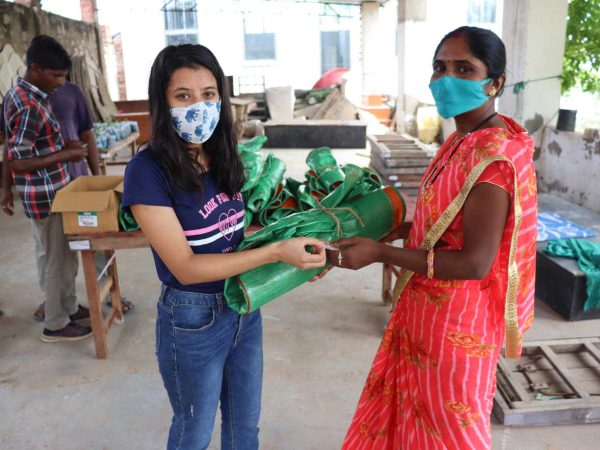
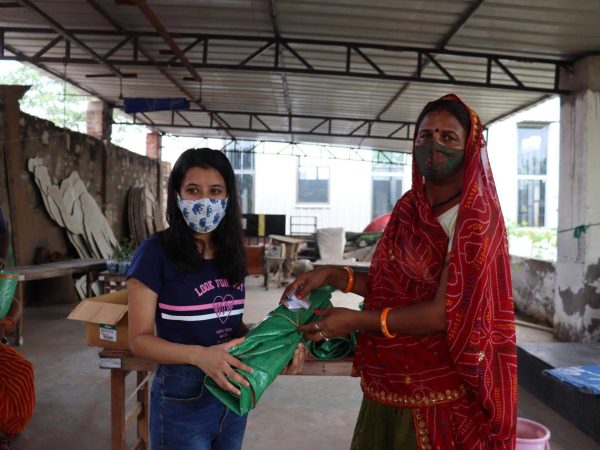
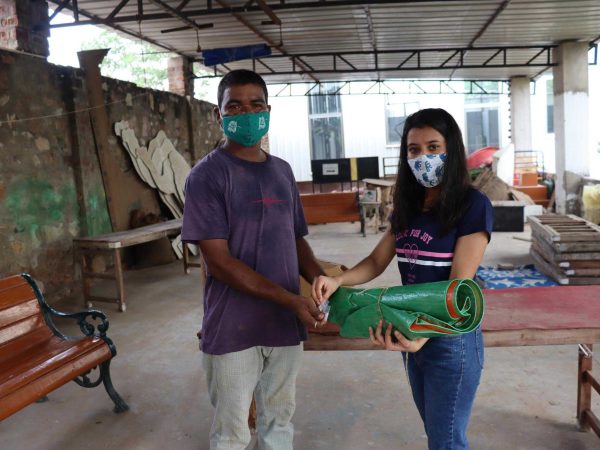
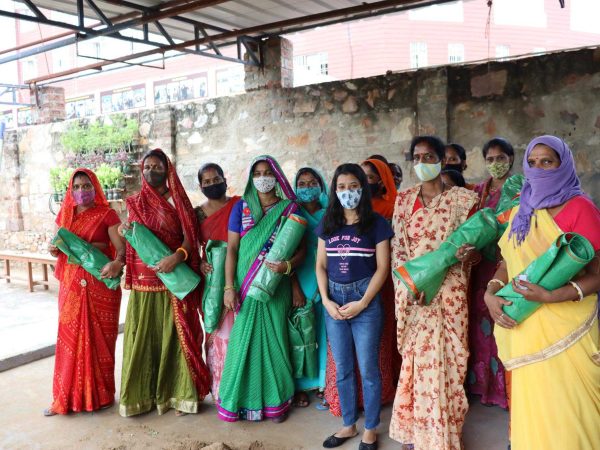
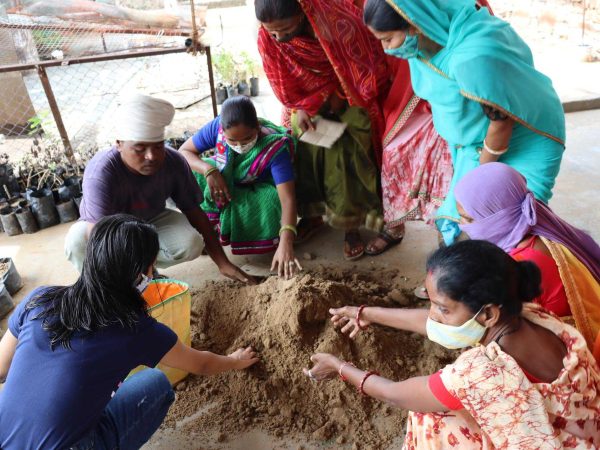
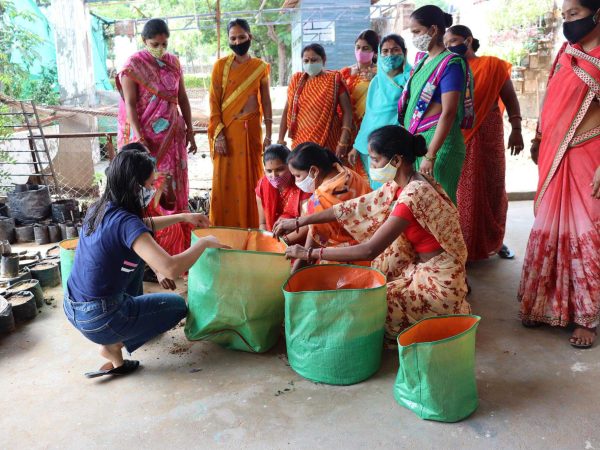
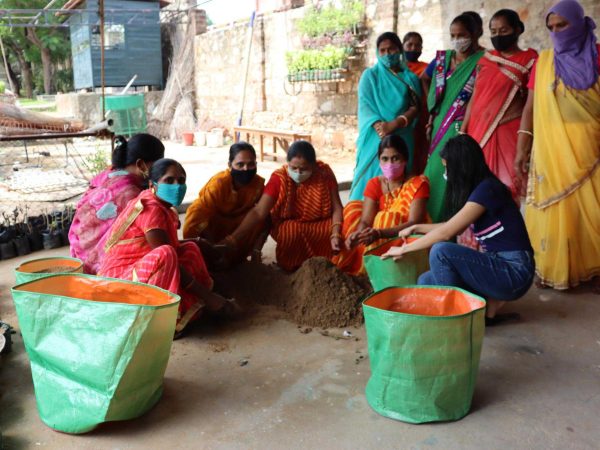
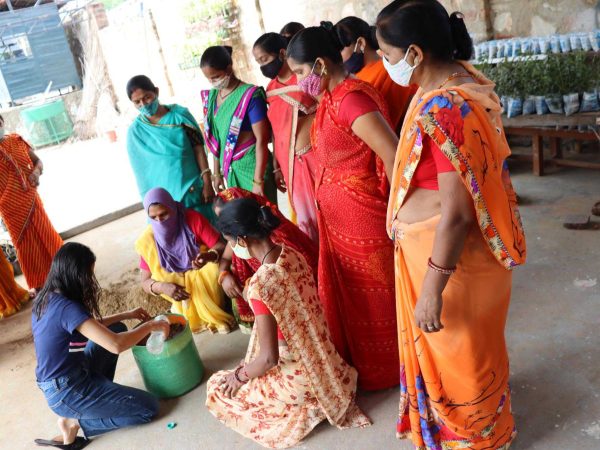
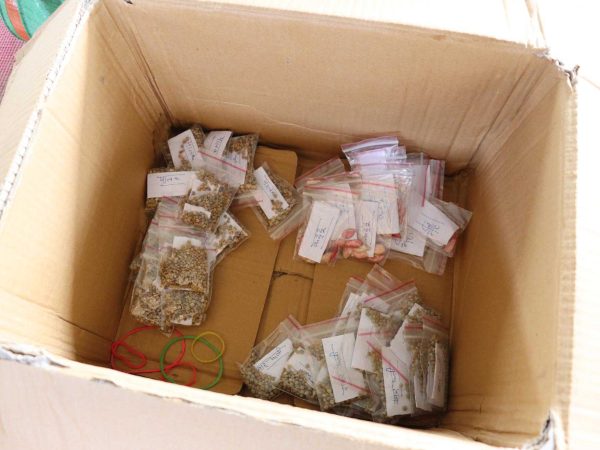
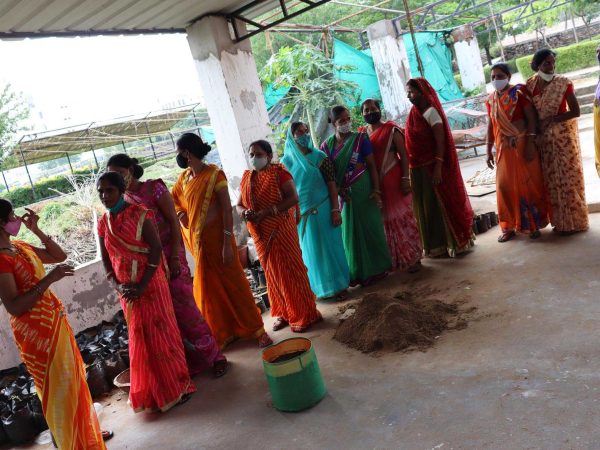
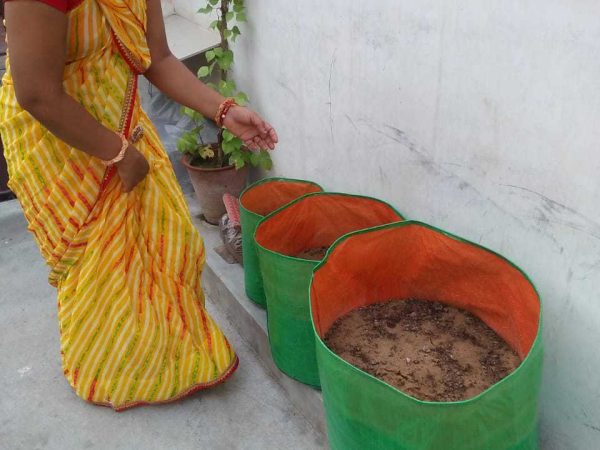
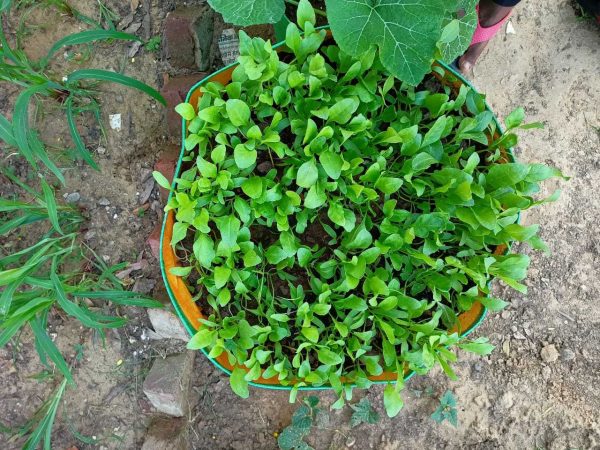
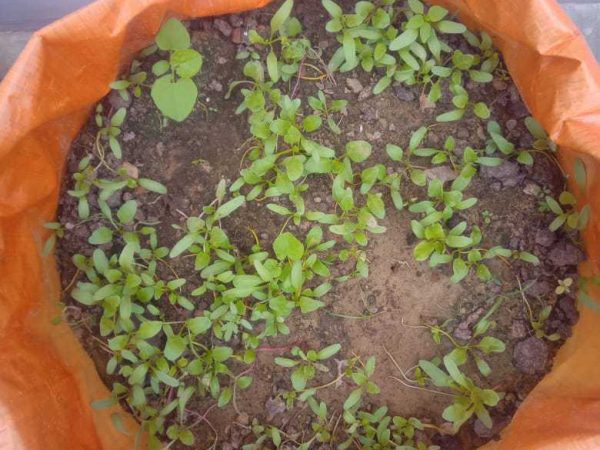
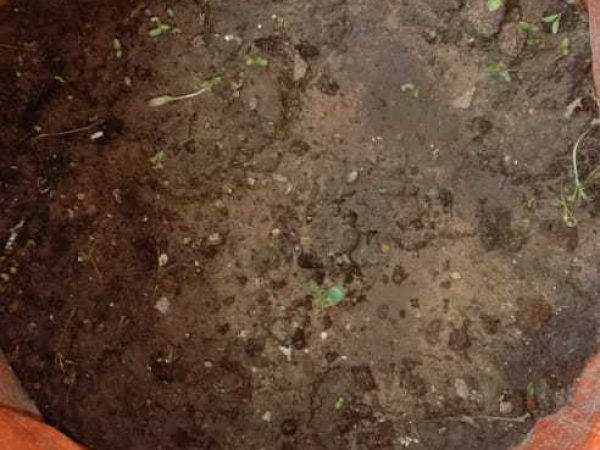
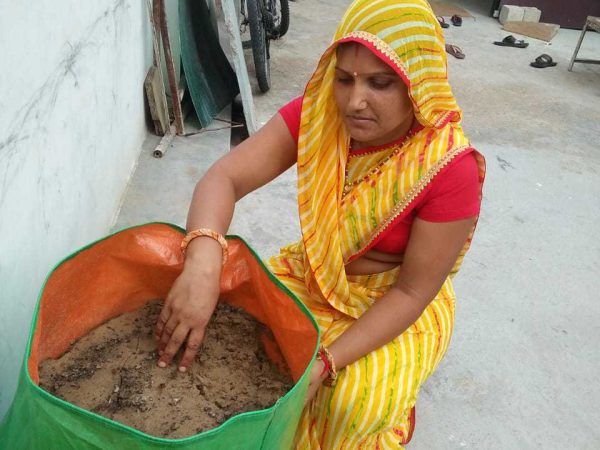
Impact
The impact we have been able to make on communities has been immeasurable. We were not only able to provide fresh, healthy produce to struggling families but were letting them know that there was someone who truly cared. Compassion along with our passion has been continuously teaching us responsibilities and life skills. As a team, we are extremely proud of where we have come.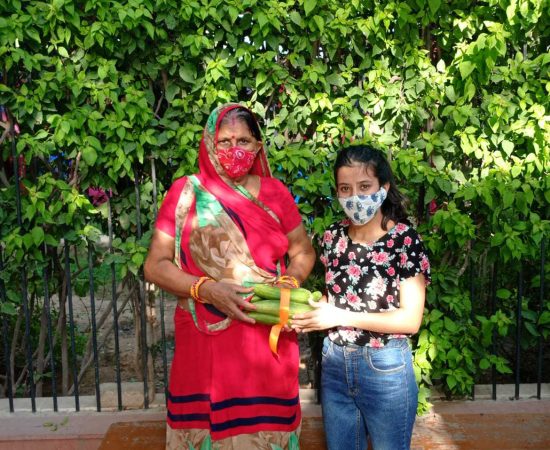
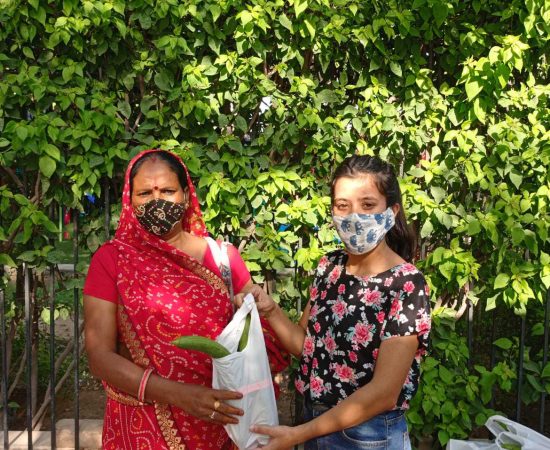
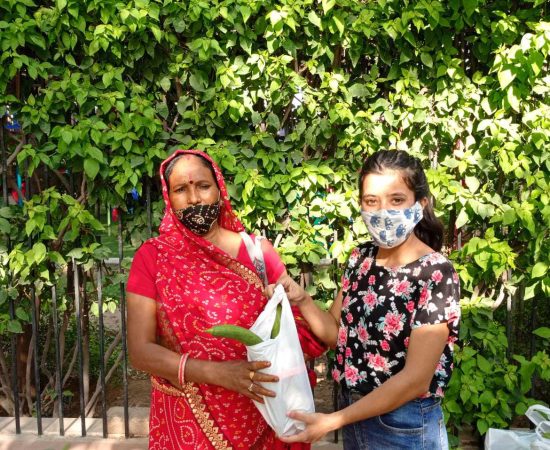
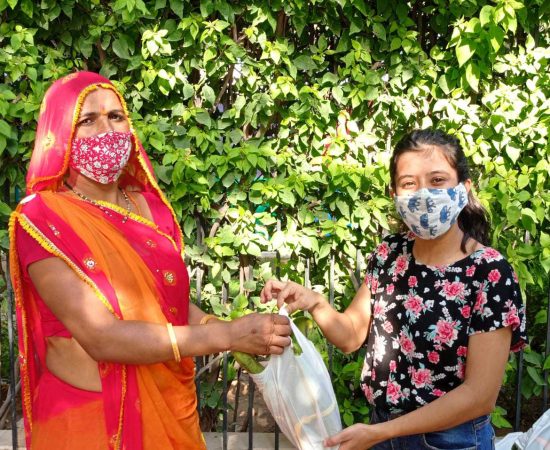
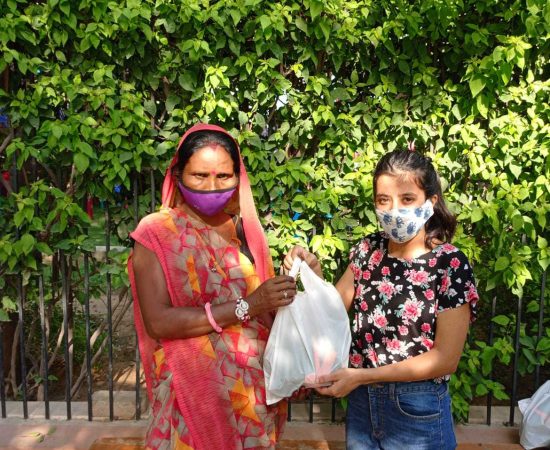
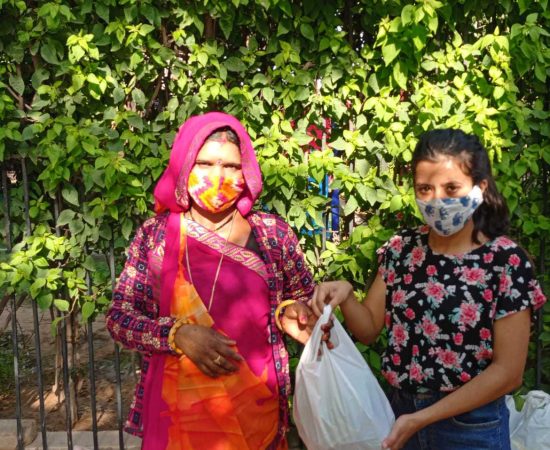
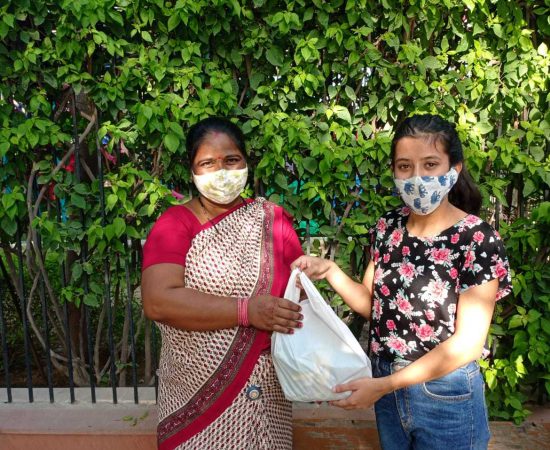
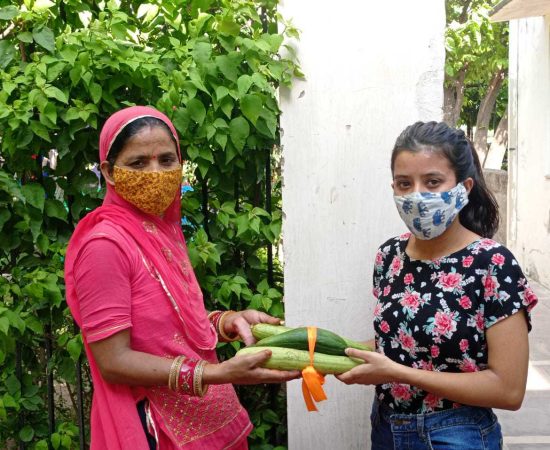
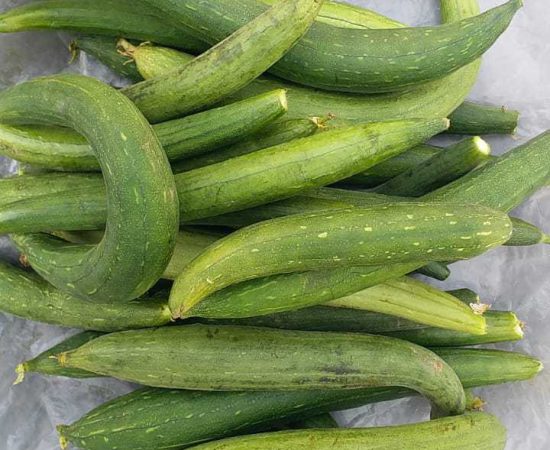
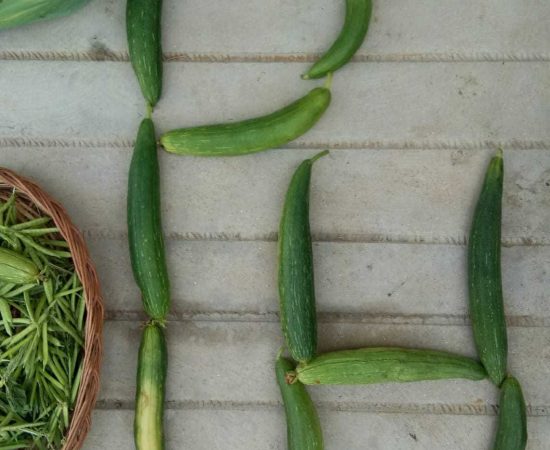
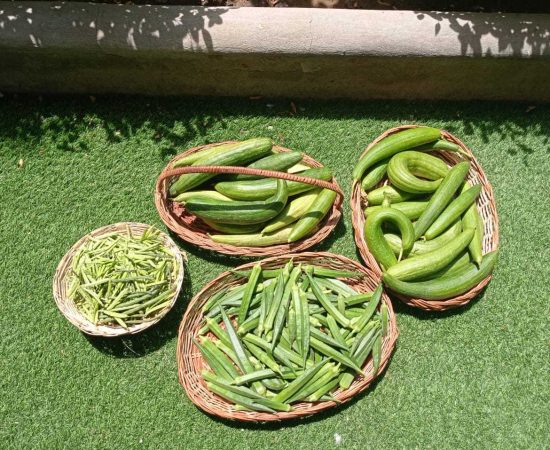
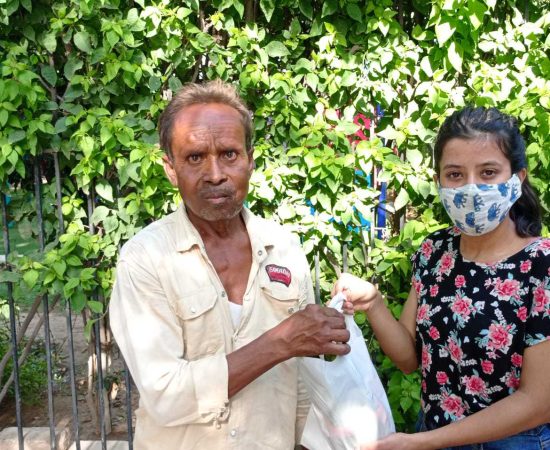
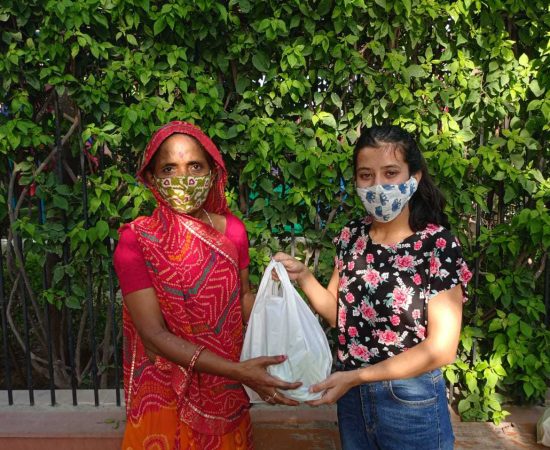
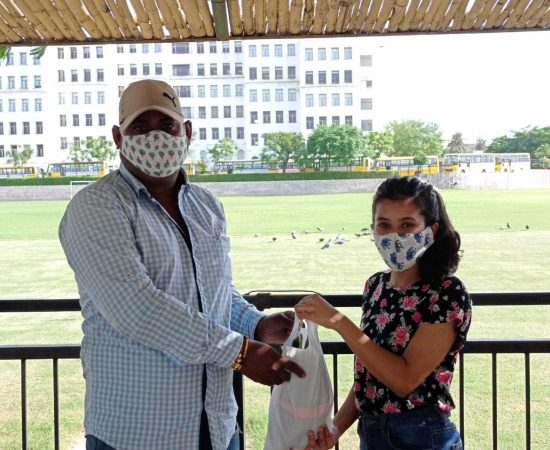
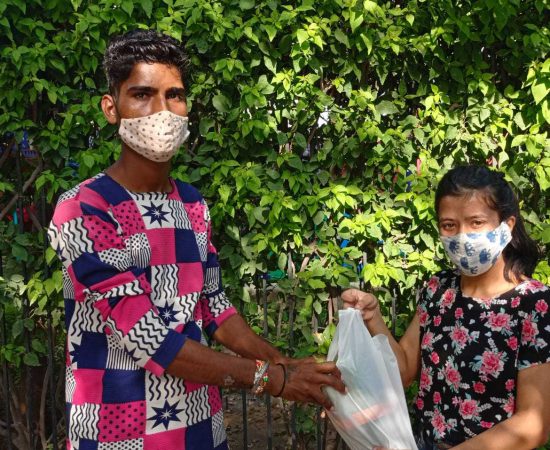
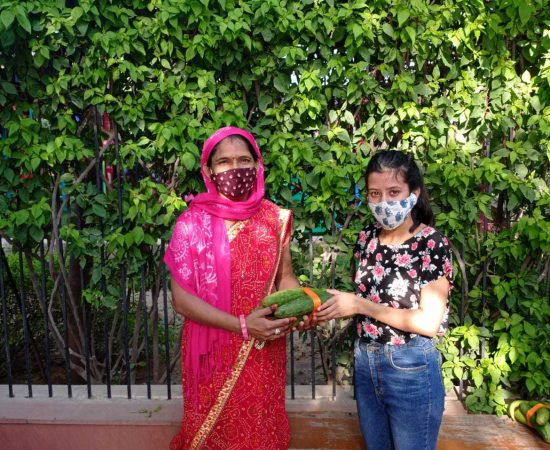
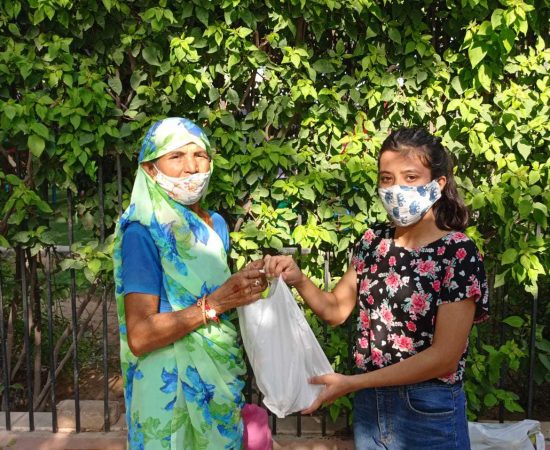
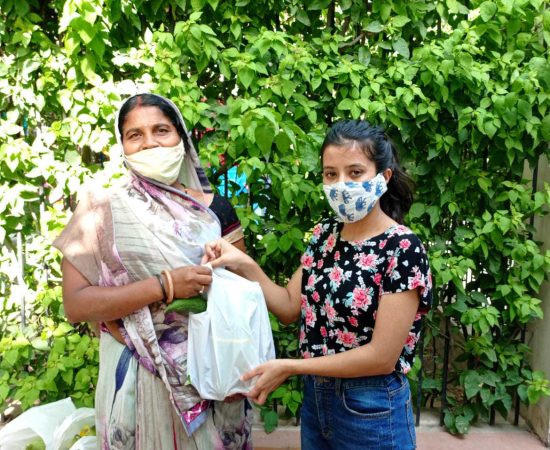
Magical tree in Every Home
Under this initiative, more than 2000 shrubs of drumsticks commonly known as “Magical trees” were distributed in Rajasthan. With its high nutritive values, every part of this tree is suitable for nutritional purposes. The leaves are rich in minerals, vitamins, and other essential phytochemicals. Extracts from the leaves are used to treat malnutrition and augment breast milk in lactating mothers. It is used as a potential antioxidant, anticancer, anti-inflammatory, antidiabetic, and antimicrobial agent.
Moringa oleifera, native to India, grows in the tropical and subtropical regions of the world. It is commonly known as ‘drumstick tree’ or ‘horseradish tree’. Moringa can withstand both severe drought and mild frost conditions and is hence widely cultivated across the world.
Moringa oleifera seed, a natural coagulant, is extensively used in water treatment. The scientific effort of this research provides insights on the use of moringa as a cure for diabetes and cancer and the fortification of moringa in commercial products. This review explores the use of moringa across disciplines for its medicinal value and deals with cultivation, nutrition, commercial and prominent pharmacological properties of this “Miracle Tree”.
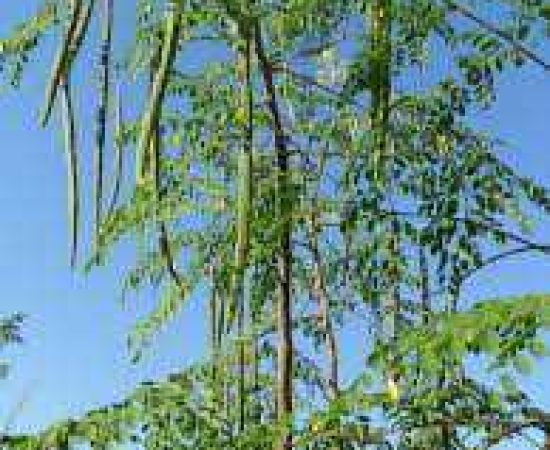
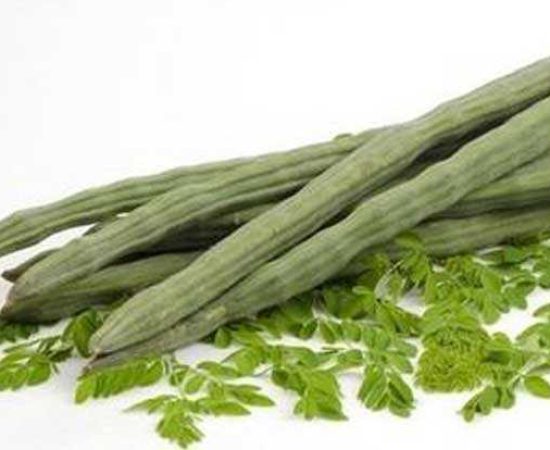
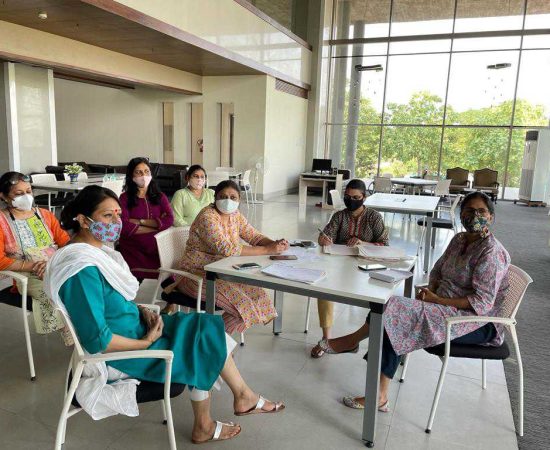
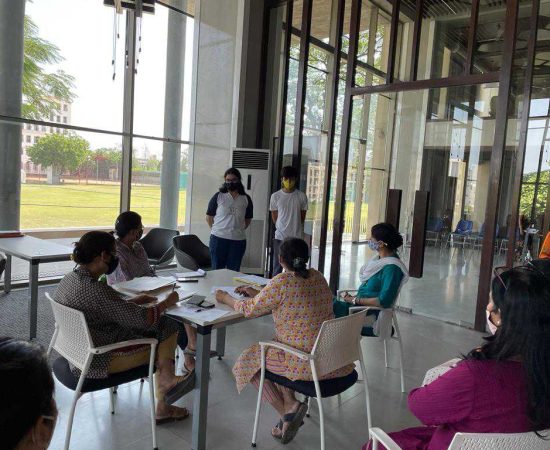
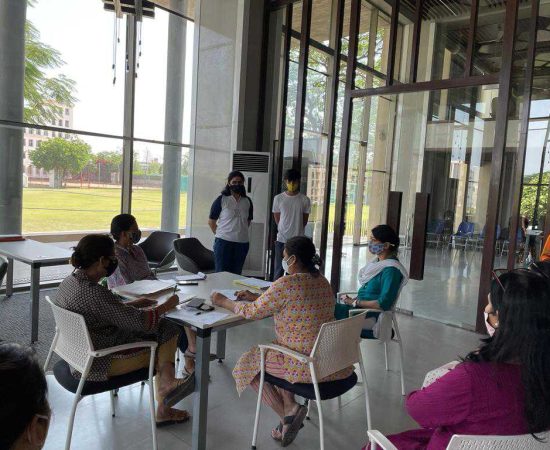
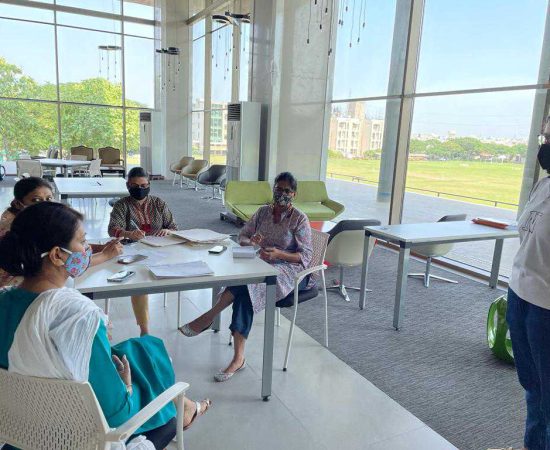
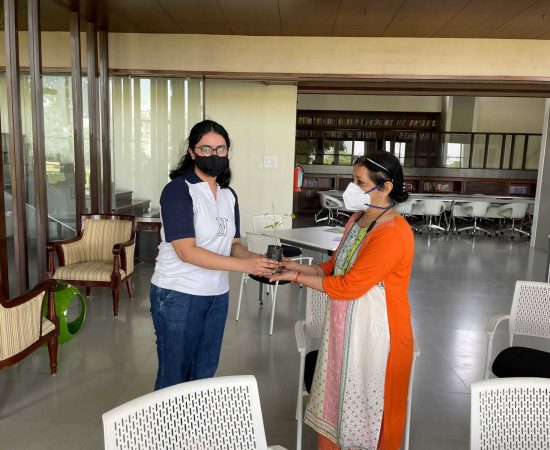
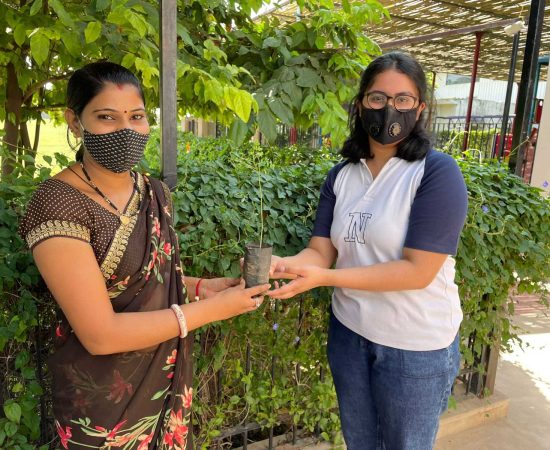
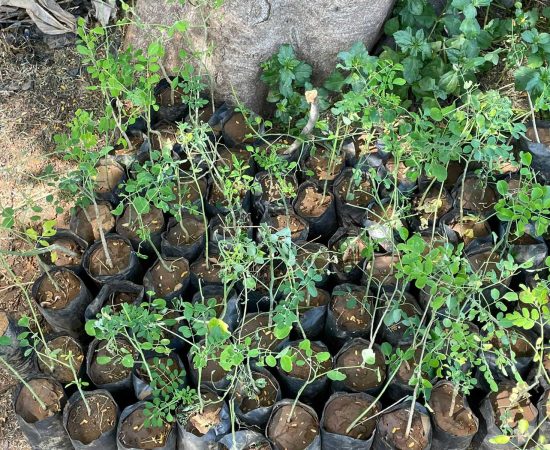
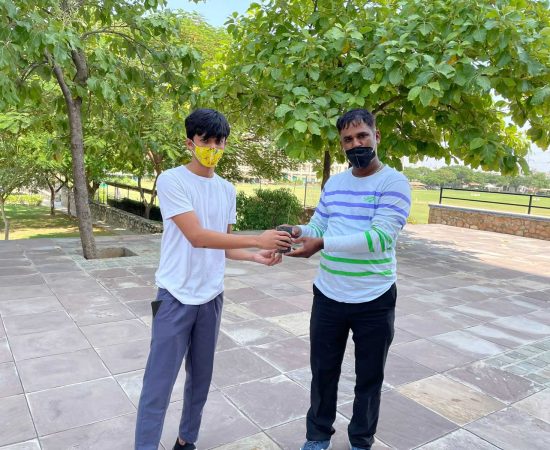
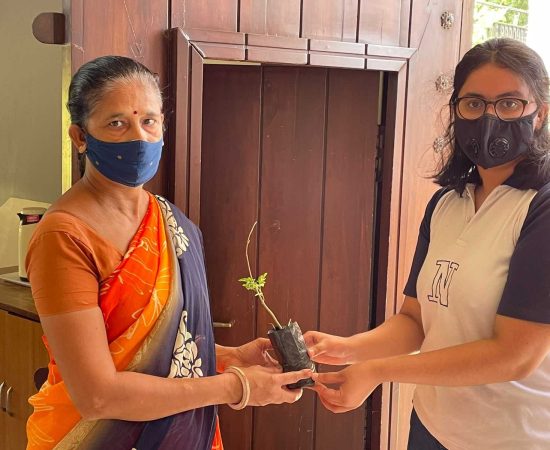
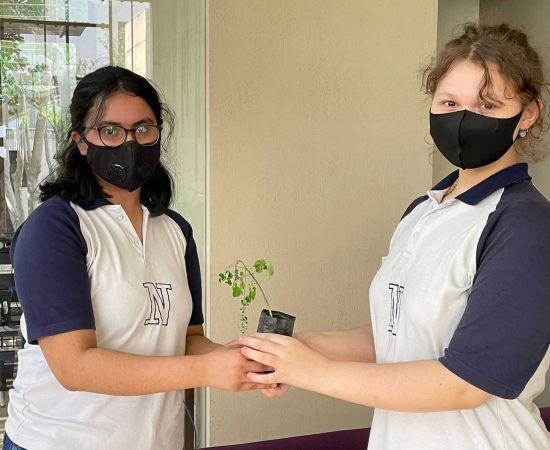
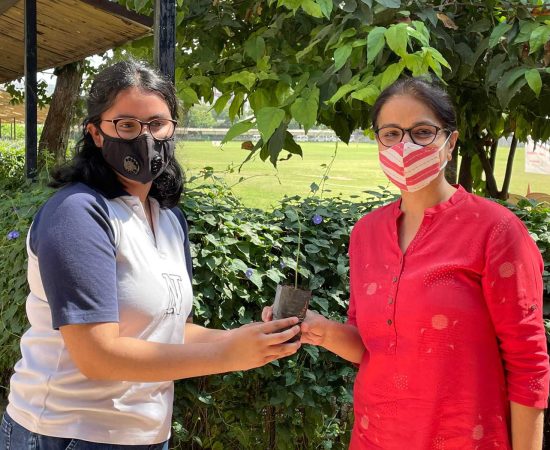
Bigger Responsibility
25th of June was one of the most memorable days of Nisha’s life yet. She got a funding of $1150 from THE CHANGE MAKERS PROJECT.
Yes, she got funding of $1150 for my small initiative to make it bigger and bigger . Now Advika & Nisha had a bigger responsibility on their shoulders to serve more people. They were now ready to help more people affected and suffering by malnutrition.
They identified 25 different lands around Rajasthan to grow more vegetables and build a bigger community vegetable garden . They started growing bottle gourd, ladyfinger, Cow pea , pumpkin , turai , spinach and onion etc. involving more than 1000 people directly.
